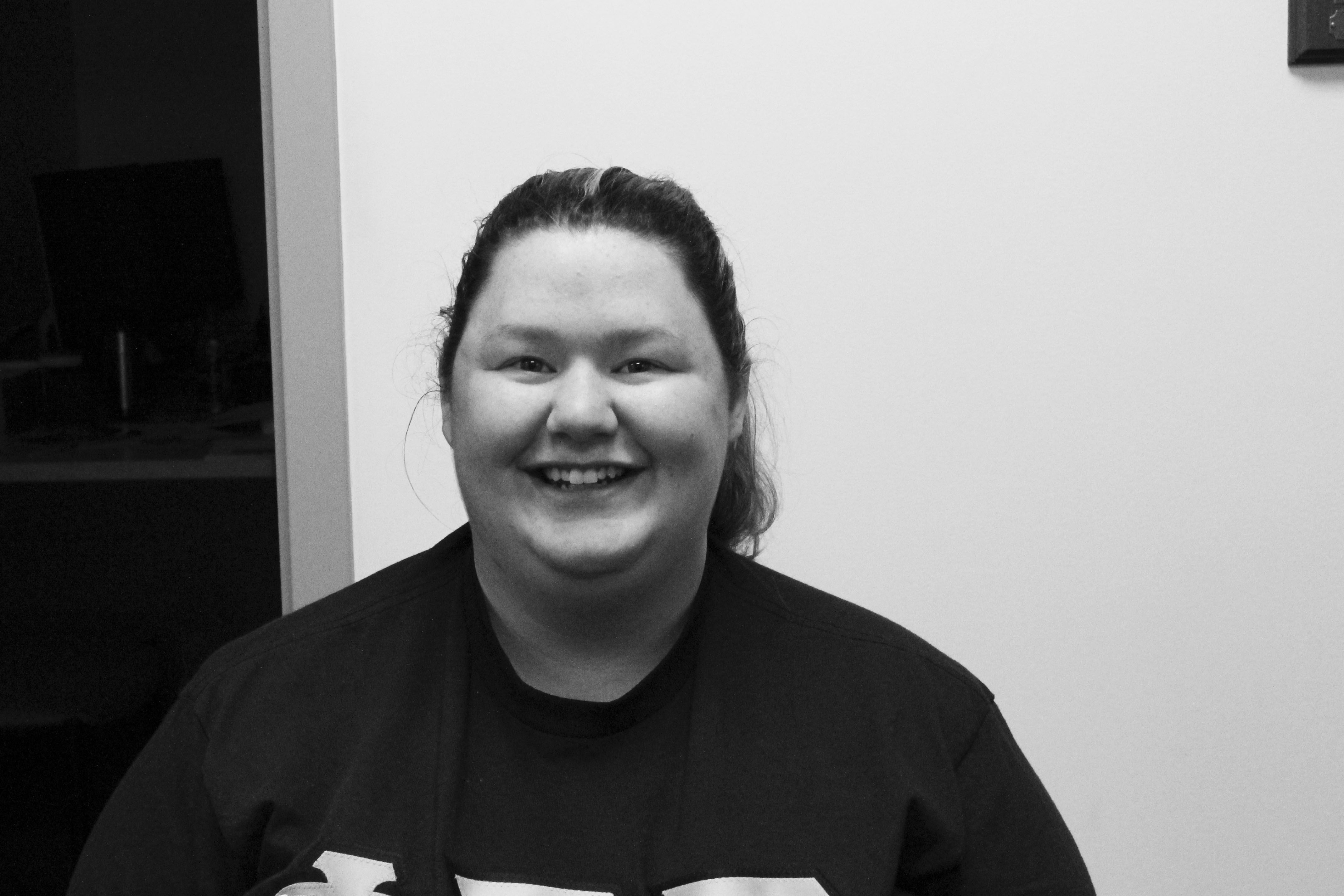Leadership is defined as a character trait defining a person who leads an organization, team or any group of people. However, I believe that a leader can be anyone. It can be the person who contributes one idea that transforms a club or any person who embodies what a group of people stands for. To quote John Quincy Adams, “If your actions inspire others to dream more, learn more, do more and become more, you are a leader.”
There are many opportunities for leadership on this campus. Through our athletic teams, academic honor societies, student employment positions, community service opportunities and over 50 clubs and organizations, anyone can learn the valuable skills needed to be a successful leader in the future.
Though there are many opportunities for leadership on this campus, few people take on these very important roles that make our school thrive. This can lead to many issues and tensions in our community that can cause the opportunities on this campus to either go away or fail.
There are two types of people on this campus: those who do too much and those who do nothing at all. Those that do too much are the ones you see all the time, at all of the events. They are sitting at tables in Batten, giving out t-shirts and rearranging furniture for events all to ensure that there is always something happening at VWC. These movers and shakers are the people whose pictures get put on walls for years to come. These students bleed blue and silver but they are losing steam.
They don’t sleep, barely eat and put all their extra time into making sure their club stays afloat. However, on the inside, they are sad, stressed and wishful for the time when they won’t have to worry about anything. I have noticed that many leaders tend to put the responsibilities in their extra-curricular activities before their actual schoolwork, family issues and personal feelings. This can lead to strong mental health problems like depression and anxiety. In other words, these students are experiencing student burnout. It is real and I don’t care who tells you otherwise.
Burnout is defined by David Ballard of the American Psychological Association as “an extended period of time where someone experiences exhaustion and a lack of interest in things, resulting in a decline in their performance.” This definition was founded as career related but it directly applies to students who experience it because of high-stress from their college life.
As a campus leader involved in Greek Life, student programming and the Office of Residence Life, I have nothing short of a busy schedule. I have taken lower grades on assignments than I deserve, given up friendships because I am to busy to keep them going and most recently missed being with my family during a time of grievance because of the fear of missing out on school activities. I have become so worried that another student or advisor will need me, that I forget that the person who needs me the most, is actually me.
If there is one thing that I have learned from being too involved, it is there isn’t really a solution that doesn’t mean giving up leading things that you really care about. If all leaders are the same, being a leader becomes who you are. I actually am not able to describe myself without talking about the organizations I am in. I don’t know why, or if it is just a “Wesleyan” thing but the things that you do here become who you are. The people that you meet become your second family that you would do anything for. It is hard to get rid of the things that make you who you are but to receive peace of mind and time for yourself, it is something you must do.
You have to decide what is important to you. Think about your happiness and say, “Does doing this really make me happy? If I give this up will I have time for myself, to do something else for me? The goal in doing this is to make time for you. Make time for your schoolwork and remember why you came to VWC. Remember that no one will be mad at you for taking care of you and your mental health. Also, realize that you are not alone. There are students on this campus who are here for you.
Julie Ainsley
jmainsley@vwc.edu

